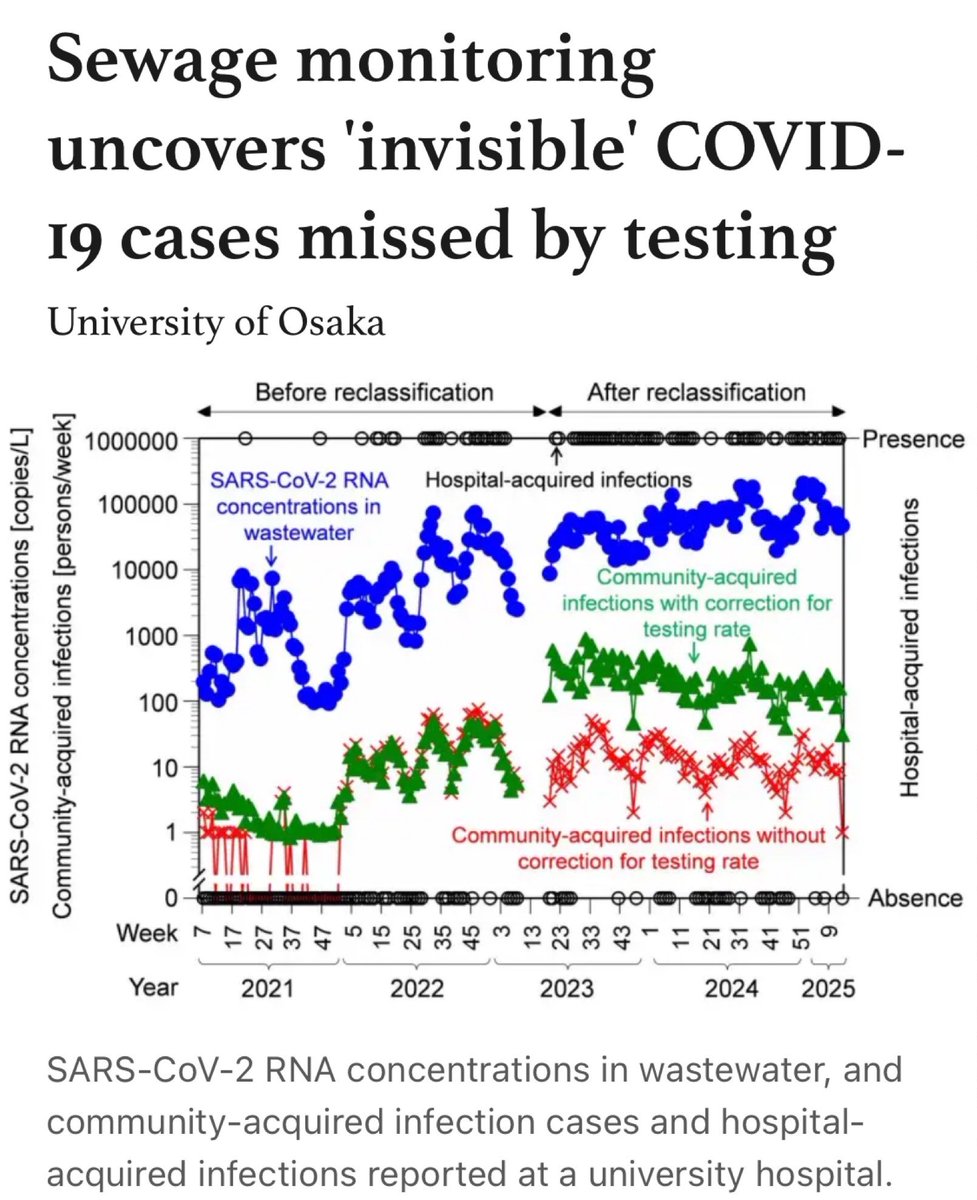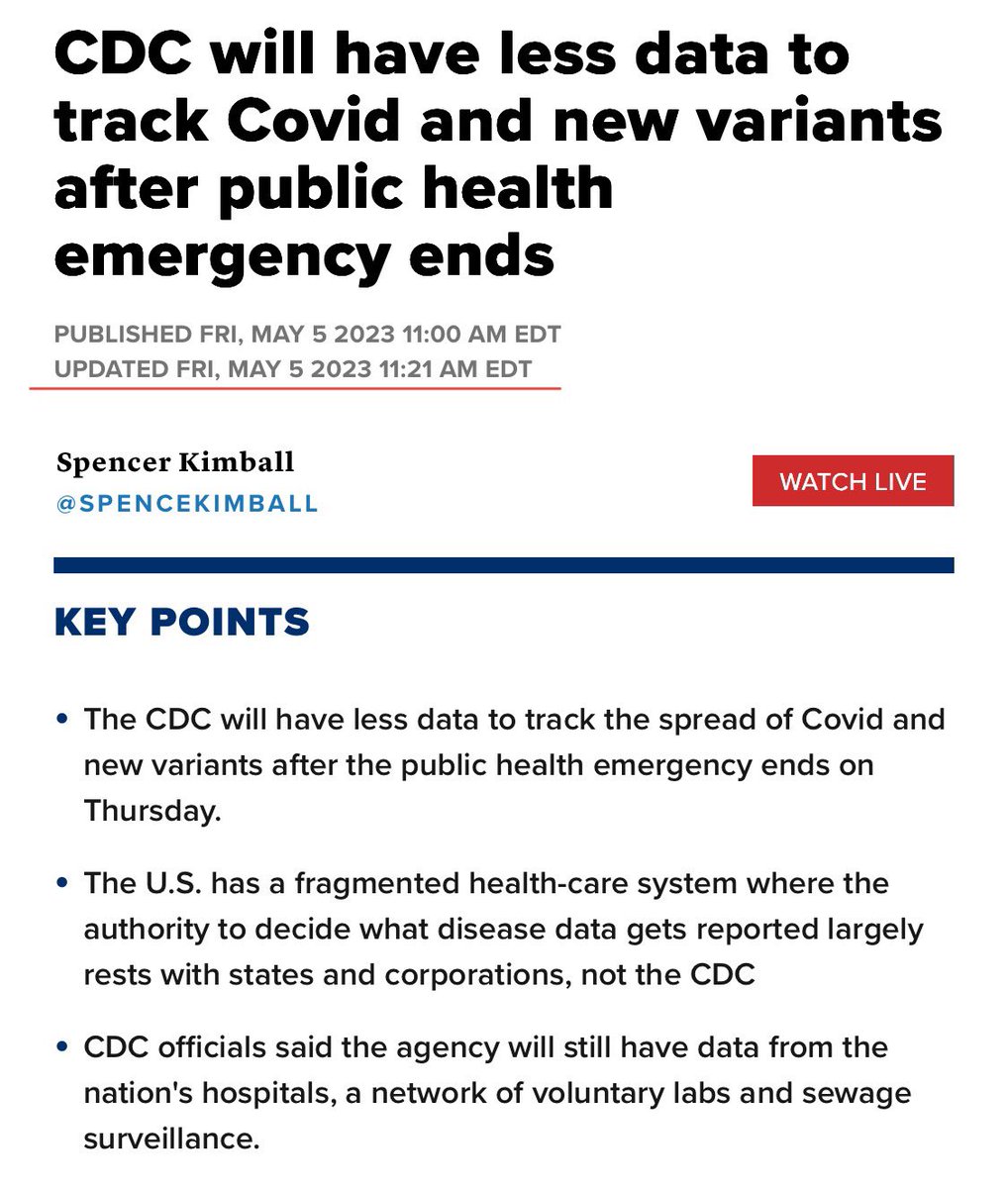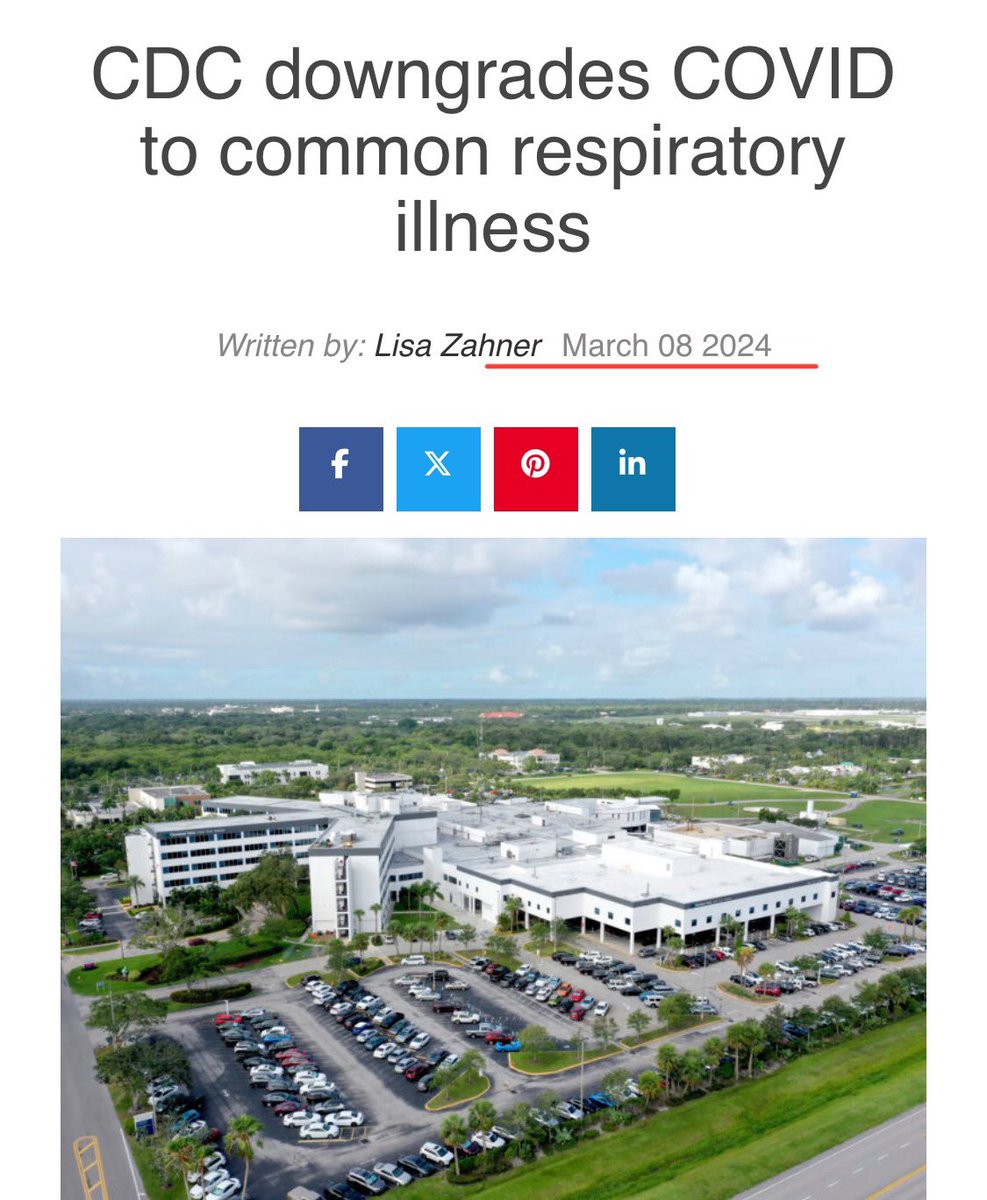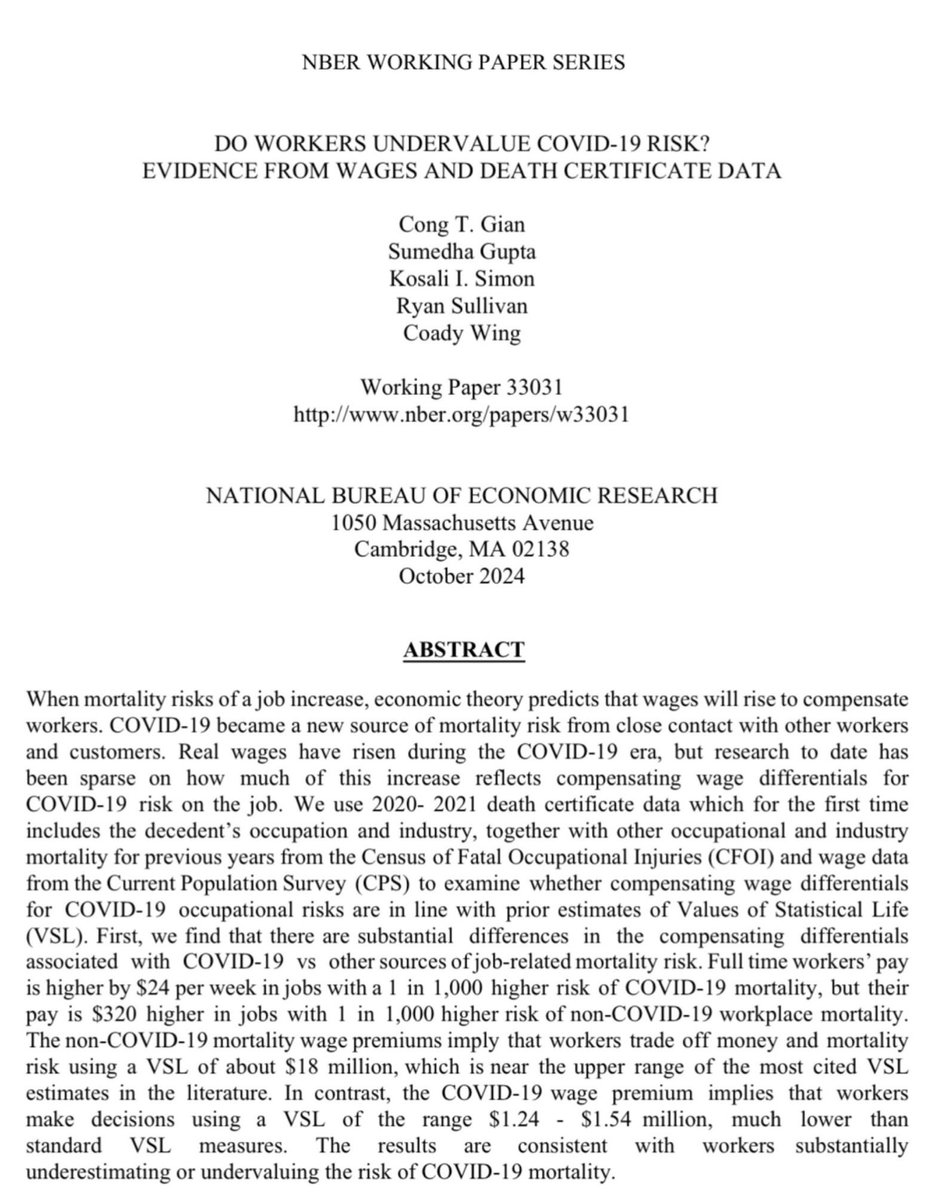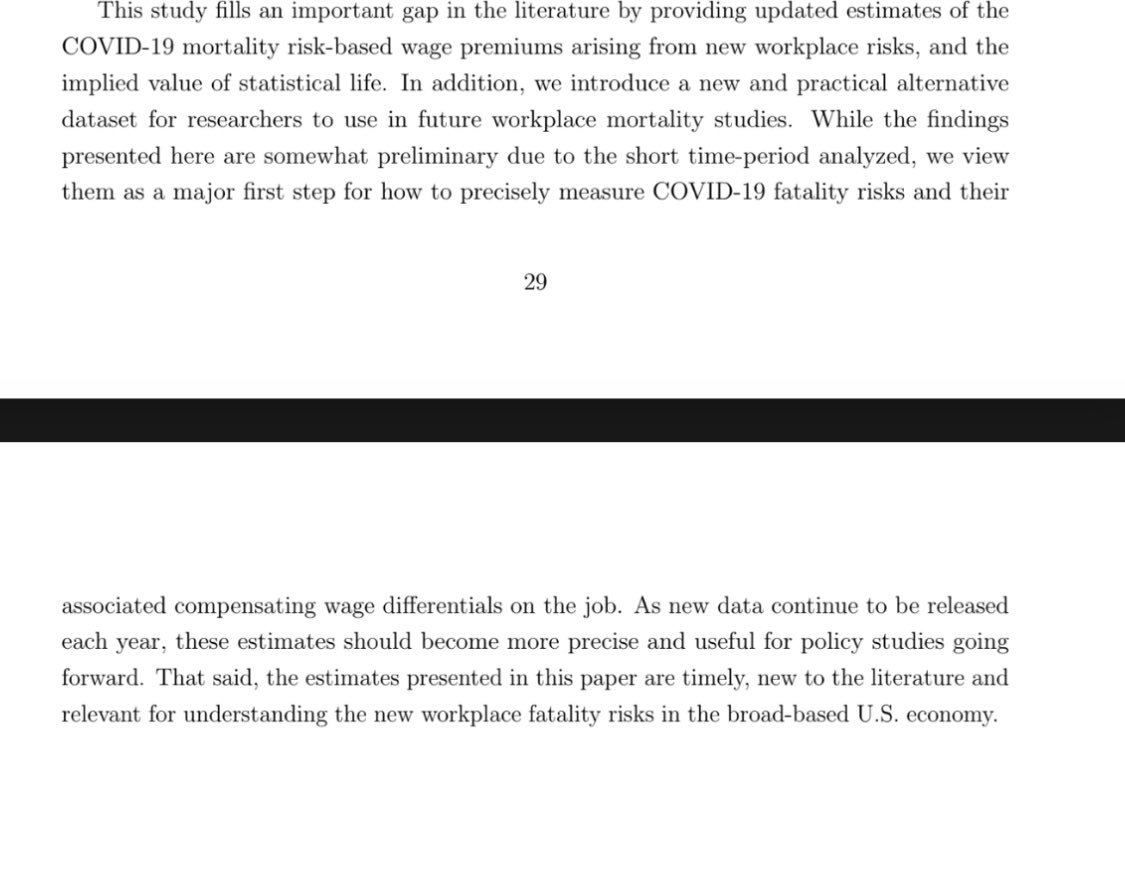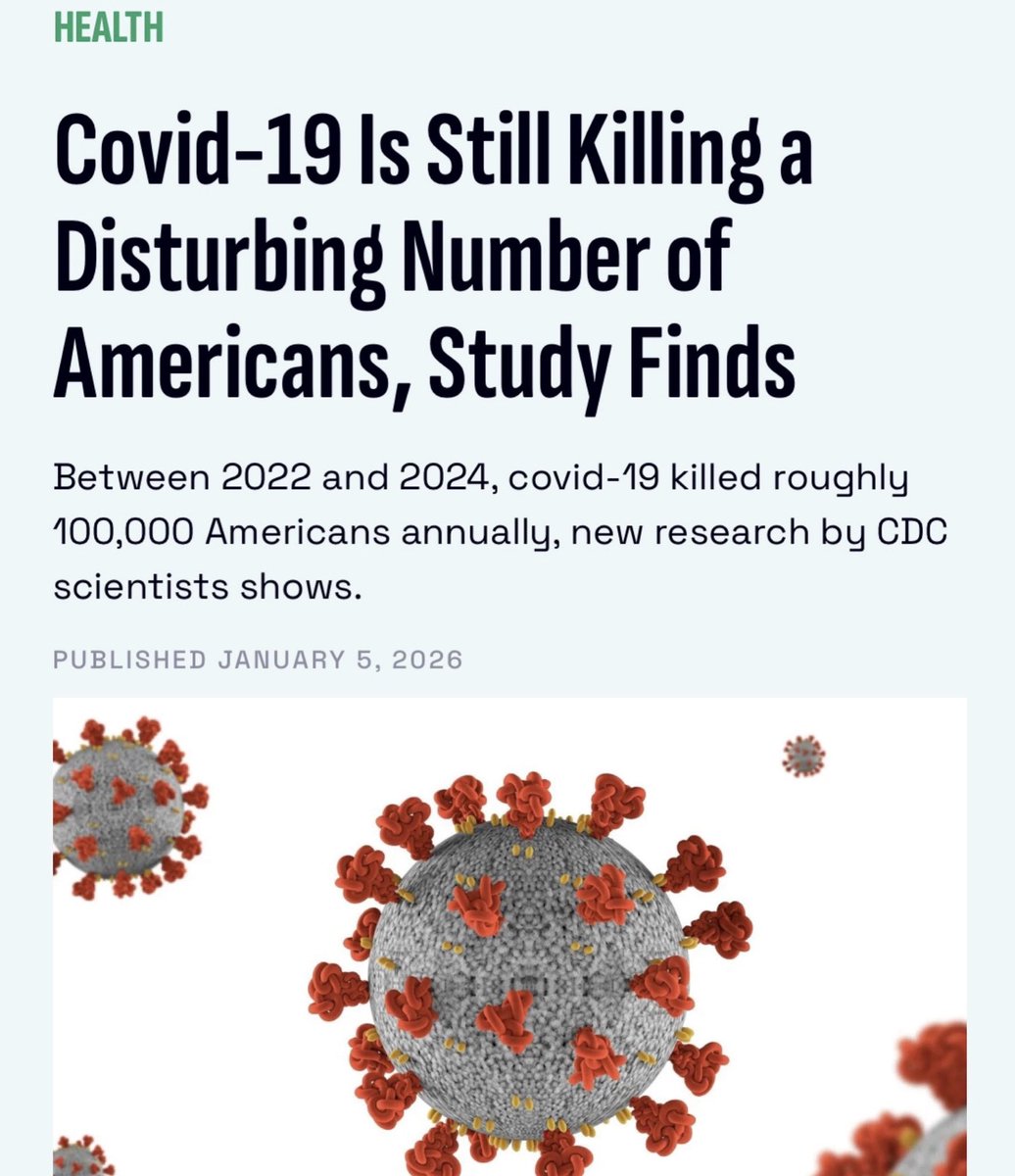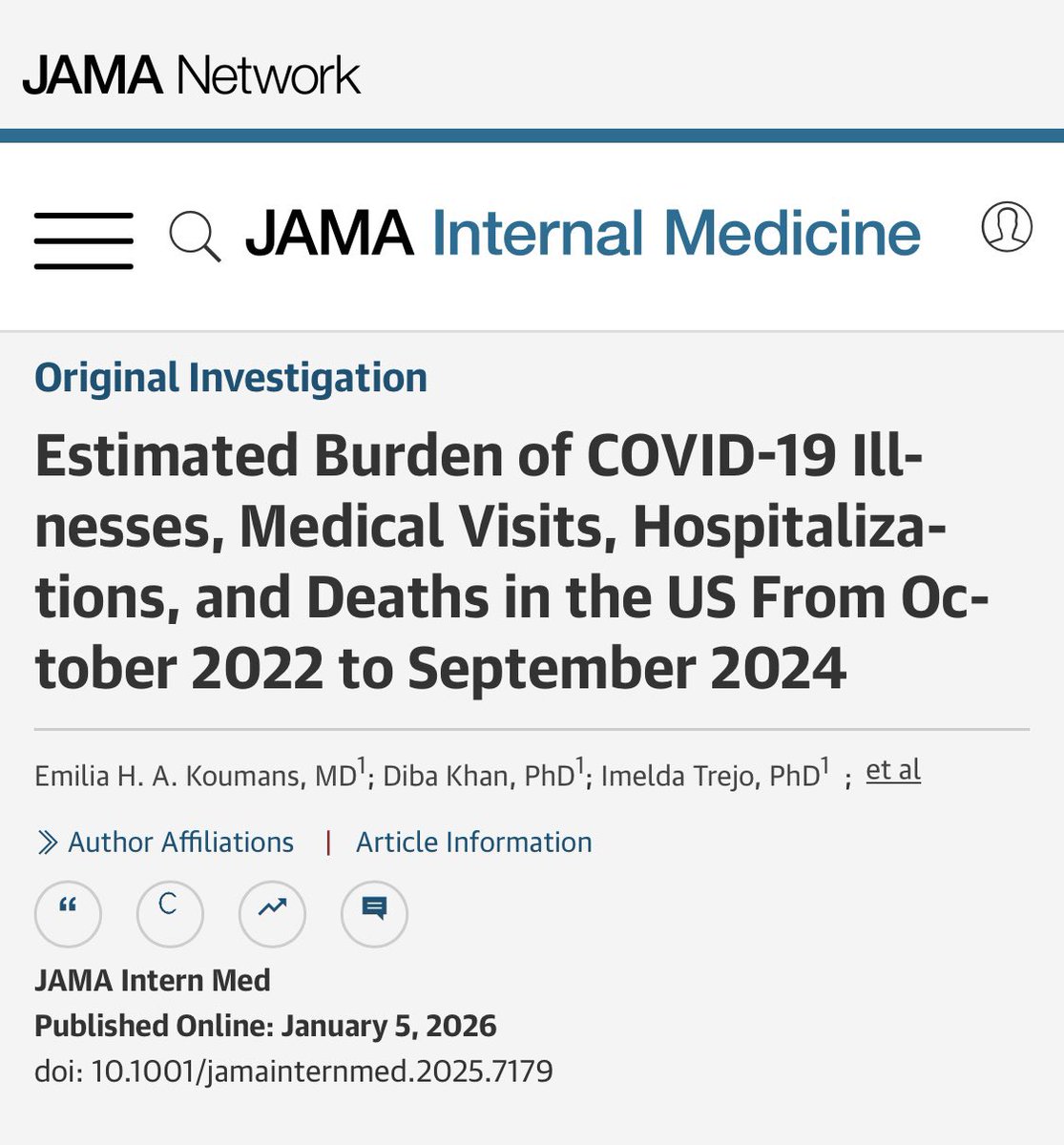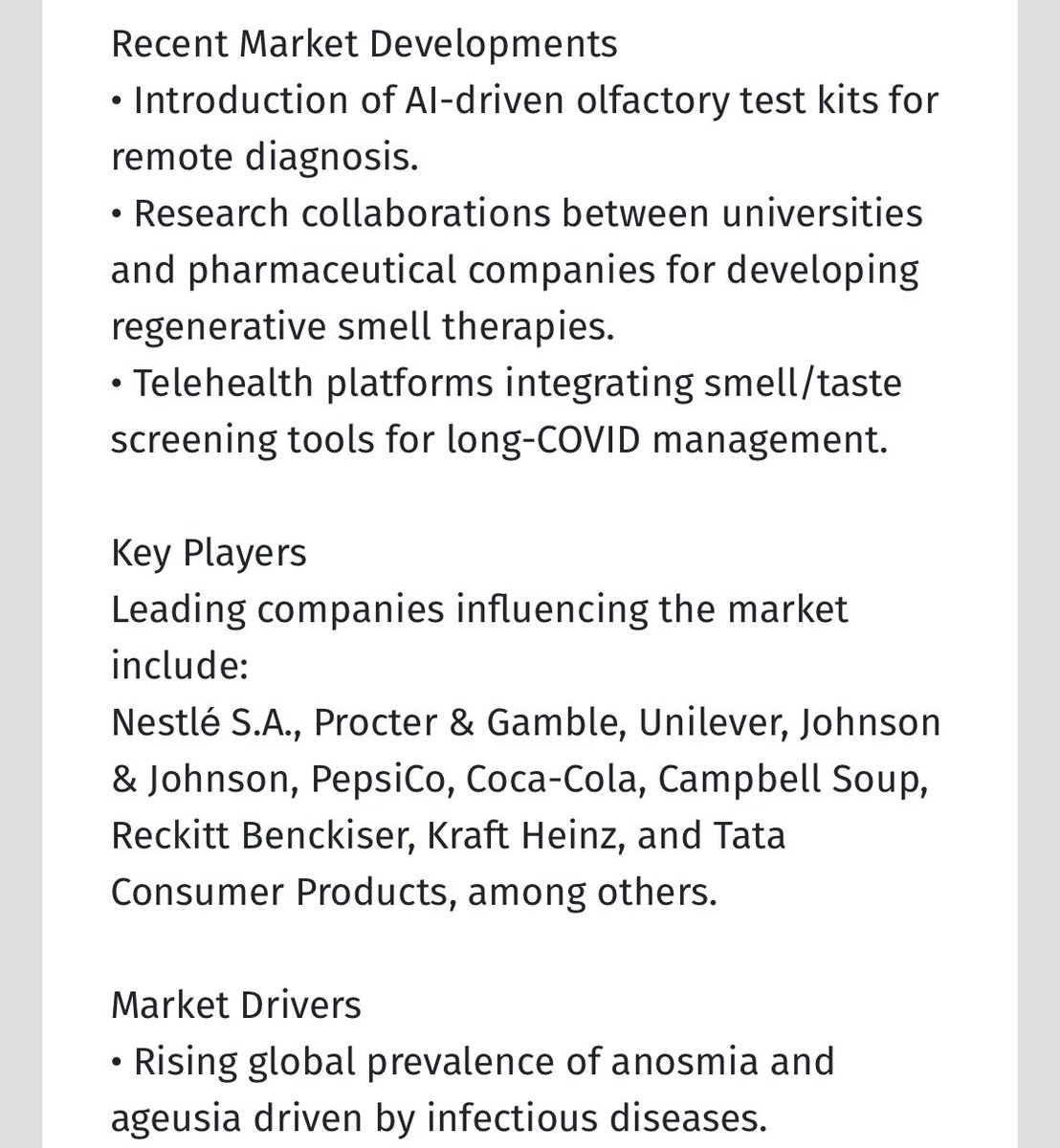Researchers from a university in Brazil found that COVID increased the risk of having an ischemic stroke, or stroke caused by a blood vessel blockage, by 76%.
It’s hard to imagine reading that and not trying to avoid reinfection.
benefitspro.com/2024/10/25/yes…
It’s hard to imagine reading that and not trying to avoid reinfection.
benefitspro.com/2024/10/25/yes…

• • •
Missing some Tweet in this thread? You can try to
force a refresh


